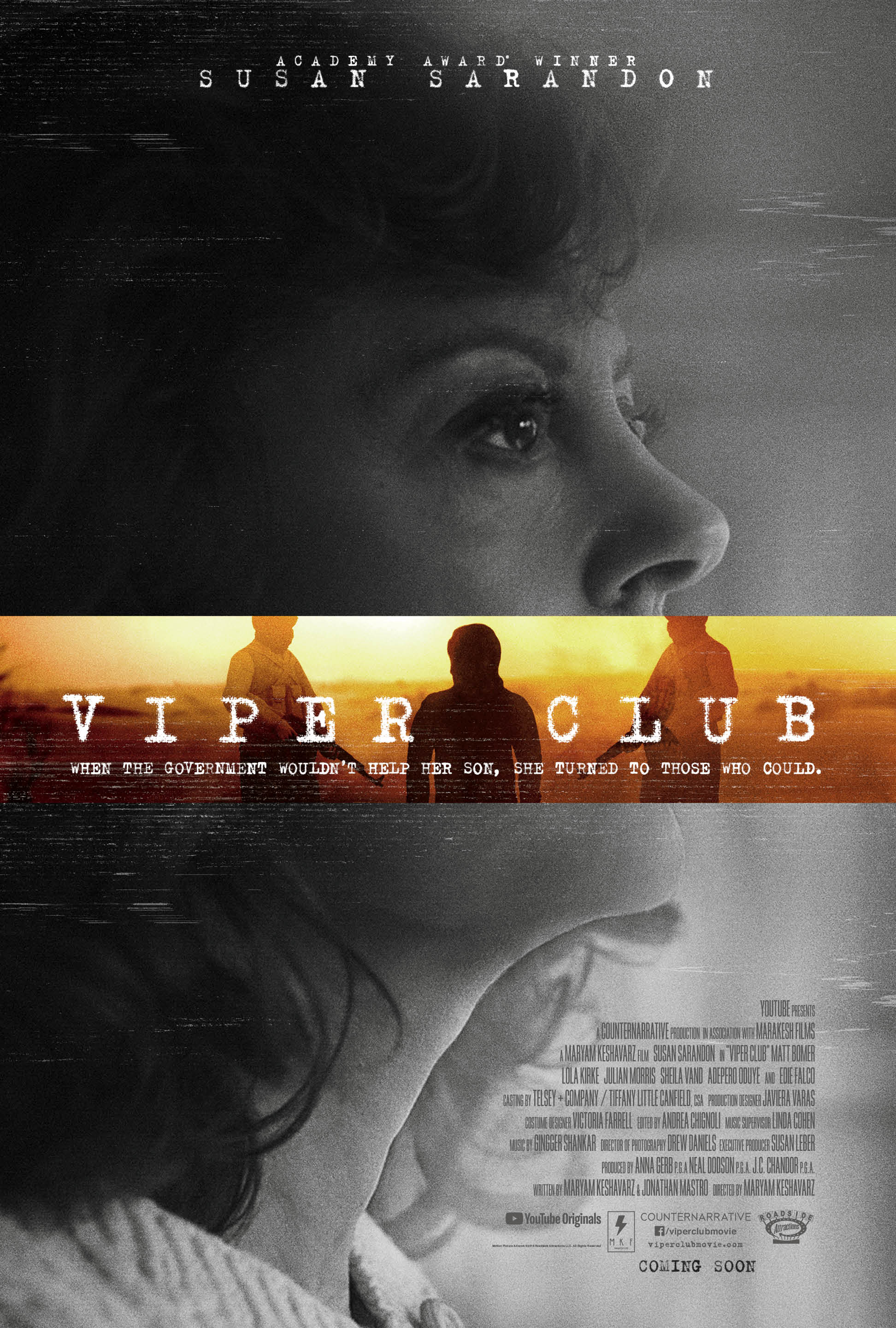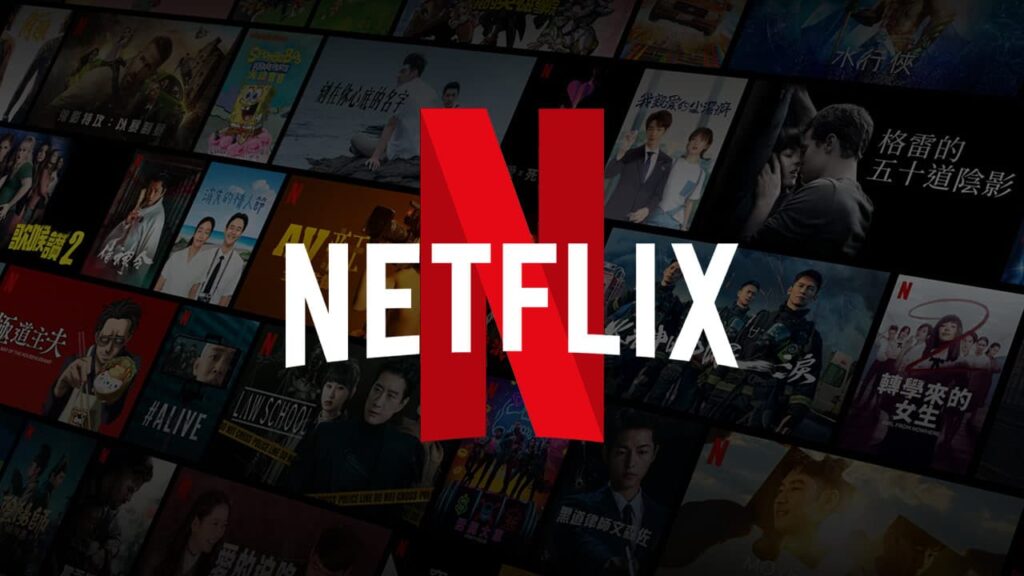
Nude truth: Did Susan Sarandon get fired for antisemitism?
Are we witnessing a classic case of celebrity activism gone awry? Susan Sarandon, a renowned actress with a penchant for political activism, recently sparked a storm of controversy with her remarks at a pro-Palestine rally in New York City.
Sarandon’s comments, suggesting that Jews in America are getting a taste of what it feels like to be Muslim, have ignited a fierce debate. This brings us to the question: Where does the line between activism and insensitivity lie? And what is the nude truth of Sarandon’s remarks?

Celebrity Activism: A Double-Edged Sword?
Sarandon, known for her roles in The Rocky Horror Picture Show and Dead Man Walking, has never shied away from expressing her political opinions. However, her recent comparison of the Jewish experience to that of Muslims in America has left many questioning the effectiveness and sensitivity of celebrity activism.
The backlash was swift and severe, leading to her long-standing talent agency, United Talent Agency (UTA), severing ties with her. This move signals a significant shift in the entertainment industry’s tolerance for controversial political stances.
The actress was seen at a rally chanting “from the river to the sea,” a slogan that has stirred controversy for its perceived implications about Israel. While Sarandon’s intention might have been to show solidarity with the Palestinian cause, her words were seen by many as a minimization of the experiences of both Jewish and Muslim Americans.
The criticism wasn’t just from the Jewish community but also from notable Muslim voices, including Asra Nomani, a Pakistani refugee and former Wall Street Journal journalist. Nomani, in a passionate Twitter response, outlined the freedoms and rights her family enjoys in the U.S., contrasting them with the oppressive regimes in many Muslim-majority countries.

The Impact of Words
Sarandon’s situation underscores the power and responsibility that comes with a public platform. While celebrities can play a vital role in shedding light on critical issues, there’s a fine line between advocacy and alienation.
Sarandon’s remarks, intended or not, have sparked a conversation about the complexity of identity politics in America. It raises the question: Can celebrities navigate these treacherous waters without alienating large segments of their audience?
Celebrity activism is not a new phenomenon. From Jane Fonda’s anti-Vietnam War stance to modern stars championing various causes, celebrities have long used their platforms to influence public opinion.
However, in an increasingly polarized world, the consequences of a misstep can be severe. The Sarandon incident is a reminder that while celebrities have the right to voice their opinions, they also bear the responsibility of understanding the complexities and sensitivities of the issues they choose to address.

Looking Forward: The Future of Celebrity Advocacy
The fallout from Sarandon’s remarks poses an important question for the future of celebrity activism. How can public figures balance their personal convictions with the need for sensitivity and understanding? As the line between entertainment and politics continues to blur, it’s crucial for celebrities to navigate these waters with care, understanding that their words carry weight and can have unintended consequences.
In conclusion, as we reflect on Susan Sarandon’s recent controversy, it’s clear that the role of celebrities in political and social activism is more complicated than ever. While their platforms can be powerful tools for change, they also come with the responsibility to understand and respect the diverse experiences and perspectives of their audience.
As we continue to debate the impact of celebrity activism, one question remains: Will this incident lead to a more thoughtful and responsible approach to advocacy in Hollywood, or is it just another example of the fleeting nature of celebrity influence?







